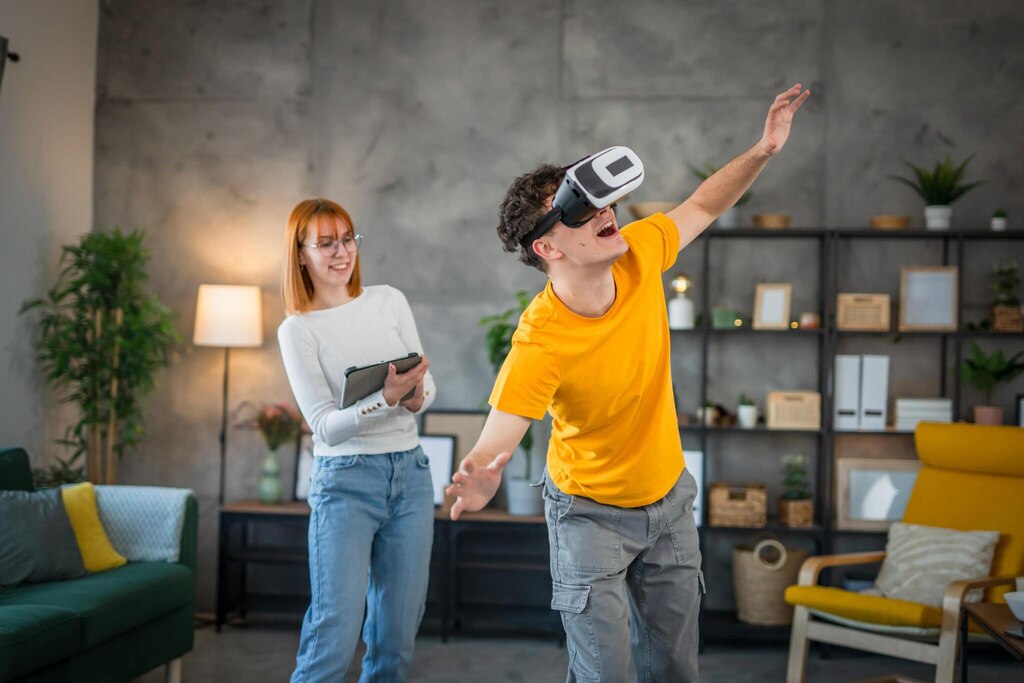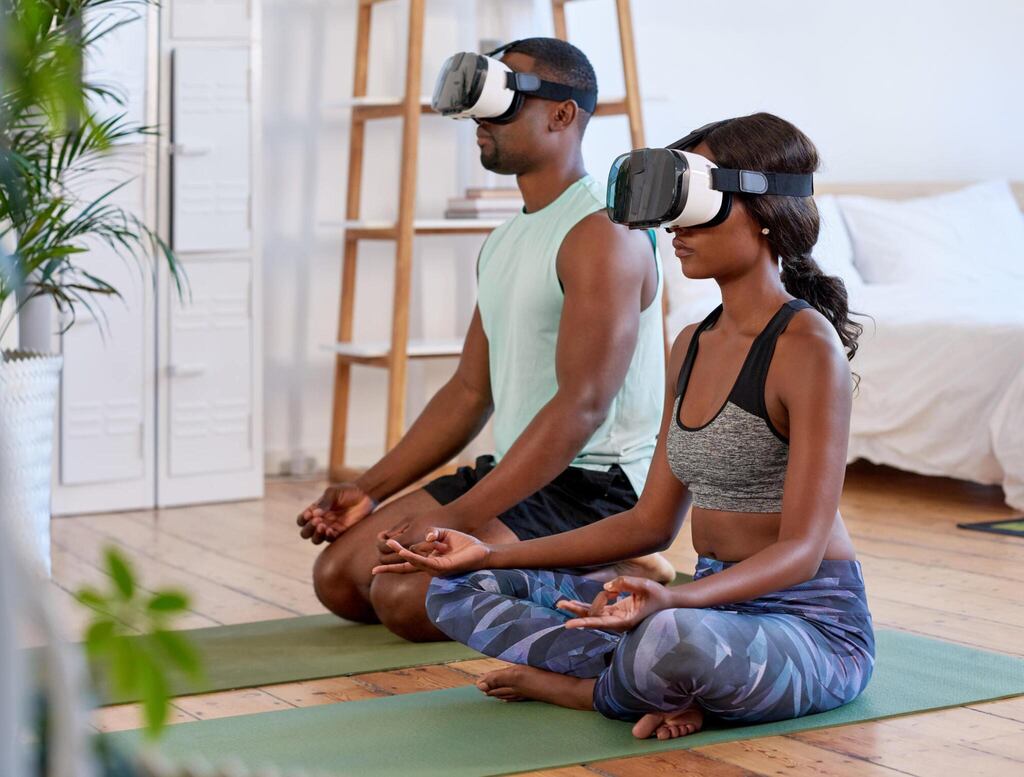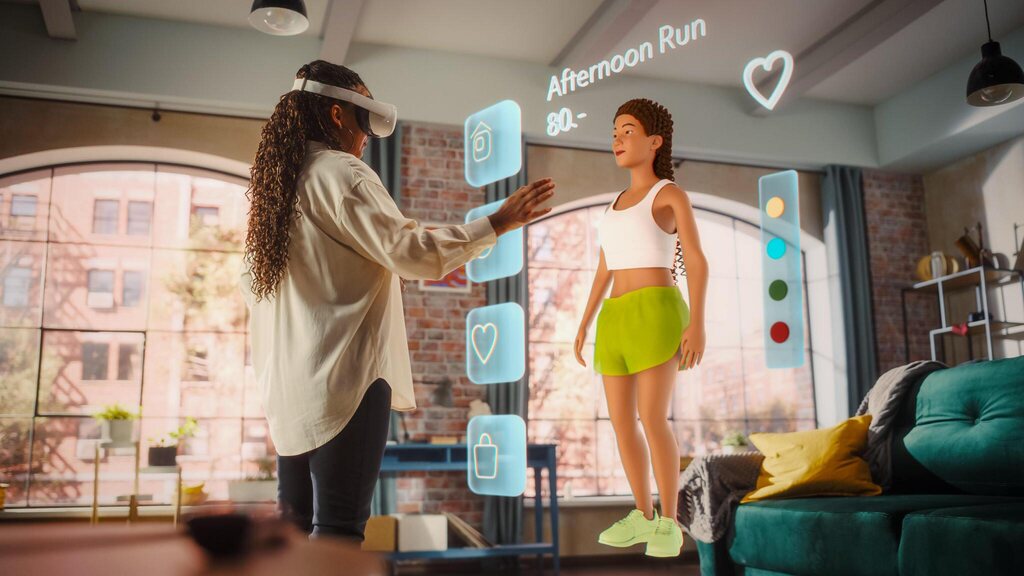In today’s fast-paced world, stress has become an ever-present companion for many individuals. From the pressures of work to personal responsibilities, the constant bombardment of stimuli can take a toll on one’s mental well-being. In such a scenario, the quest for effective stress reduction techniques has led to the exploration of various avenues, including technology.
One such innovation that has garnered attention is the Oculus Quest 3, particularly its advanced lenses, which are purported to offer more than just immersive gaming experiences. This article delves into the role of Oculus Quest 3 lenses in stress reduction, exploring their potential benefits and implications for mental health.
Understanding Stress: A Modern Epidemic
Before delving into the specifics of Oculus Quest 3 lenses and their impact on stress reduction, it’s essential to understand the nature of stress and its prevalence in contemporary society.
Stress, often described as the body’s natural response to demands or threats, can manifest in various forms, including psychological, emotional, and physical symptoms. In today’s hyperconnected world, individuals are frequently exposed to stimuli that trigger stress responses, ranging from work deadlines to social media pressures.
The Rise of Virtual Reality Technology
Amidst the increasing prevalence of stress, virtual reality (VR) technology has emerged as a potential tool for promoting relaxation and well-being.
VR immerses users in simulated environments, providing a sense of presence and escapism from the stressors of everyday life. Over the years, VR has evolved from being primarily associated with gaming to encompassing a wide range of applications, including therapy, education, and entertainment.

Oculus Quest 3: The Next Frontier
At the forefront of VR innovation is Oculus, a subsidiary of Meta Platforms, Inc. (formerly Facebook), which has been instrumental in popularizing VR technology through its Oculus Rift and Oculus Quest series.
The Oculus Quest 3 represents the latest iteration of standalone VR headsets, offering improved performance, enhanced graphics, and a more immersive user experience. Central to the Oculus Quest 3’s advancements are its state-of-the-art lenses, which play a crucial role in shaping the visual fidelity and overall immersion of VR content.
Unveiling the Power of Oculus Quest 3 Lenses
The lenses of the Oculus Quest 3 are engineered to deliver unparalleled clarity, depth, and realism in virtual environments. Leveraging cutting-edge optics and display technologies, these lenses minimize screen-door effects and image distortion, creating a seamless visual experience for users.
Whether exploring virtual worlds, engaging in multiplayer gaming, or watching immersive videos, users can expect lifelike visuals with Oculus Quest 3 lenses that rival the quality of the physical world.
The Therapeutic Potential of Virtual Reality
Beyond gaming and entertainment, the therapeutic potential of virtual reality has attracted significant interest from researchers and clinicians alike. Studies have shown that VR-based interventions can effectively alleviate symptoms of anxiety, depression, and post-traumatic stress disorder (PTSD) by providing a safe and controlled environment for exposure therapy.
Moreover, VR relaxation experiences, such as guided meditation and mindfulness apps, have been shown to reduce stress and promote relaxation responses in users.

Harnessing the Power of Presence
Key to the therapeutic efficacy of VR is the concept of presence, which refers to the subjective sensation of being physically present in a virtual environment.
Through immersive visuals, spatial audio, and interactive elements, VR technology can induce a sense of presence that transcends the limitations of traditional media. By immersing users in calming and serene environments, VR experiences can evoke positive emotions, reduce stress levels, and promote overall well-being.
Exploring Stress Reduction Applications
With the advent of advanced VR hardware like the Oculus Quest 3, developers are exploring innovative ways to harness the technology for stress reduction and relaxation.
VR applications aim to provide users with therapeutic experiences, from virtual nature walks to immersive mindfulness exercises, soothing the mind and body. By leveraging the immersive capabilities of VR, these applications offer a unique opportunity to escape the stresses of everyday life and recharge in virtual tranquility.
Enhancing Wellness Through Immersion
In addition to dedicated stress reduction applications, the Oculus Quest 3 can complement existing wellness practices by enhancing the immersive qualities of various experiences. Whether practicing yoga in a virtual studio, embarking on a guided visualization journey, or simply enjoying serene landscapes, users can leverage VR technology to augment their wellness routines.
By integrating VR into their daily lives, individuals can cultivate a sense of balance, mindfulness, and relaxation amidst the chaos of modern living.

Overcoming Challenges and Limitations
Despite VR technology’s promising potential for stress reduction, addressing challenges and limitations remains imperative. Technical constraints, such as motion sickness and visual discomfort, can detract from the overall user experience and limit the accessibility of VR interventions.
Moreover, concerns regarding privacy, data security, and ethical implications necessitate careful consideration in the development and deployment of VR applications for mental health purposes.
The Future of VR in Stress Reduction
As VR technology evolves, its role in stress reduction and mental health promotion expands with increased accessibility. Advances in hardware capabilities, software development, and research methodologies will drive the development of more effective and personalized VR interventions.
Additionally, technology firms, healthcare providers, and mental health experts collaborating will integrate VR into mainstream wellness practices.
Conclusion
In conclusion, the Oculus Quest 3 lenses signify major leap in VR tech, promising stress relief and mental health benefits. By providing users with immersive and engaging experiences, moreover, VR technology offers a unique avenue for relaxation, mindfulness, and emotional regulation.
As researchers, developers, and users explore VR’s therapeutic potential, furthermore, the future holds promise for holistic wellness in our stressful world.






